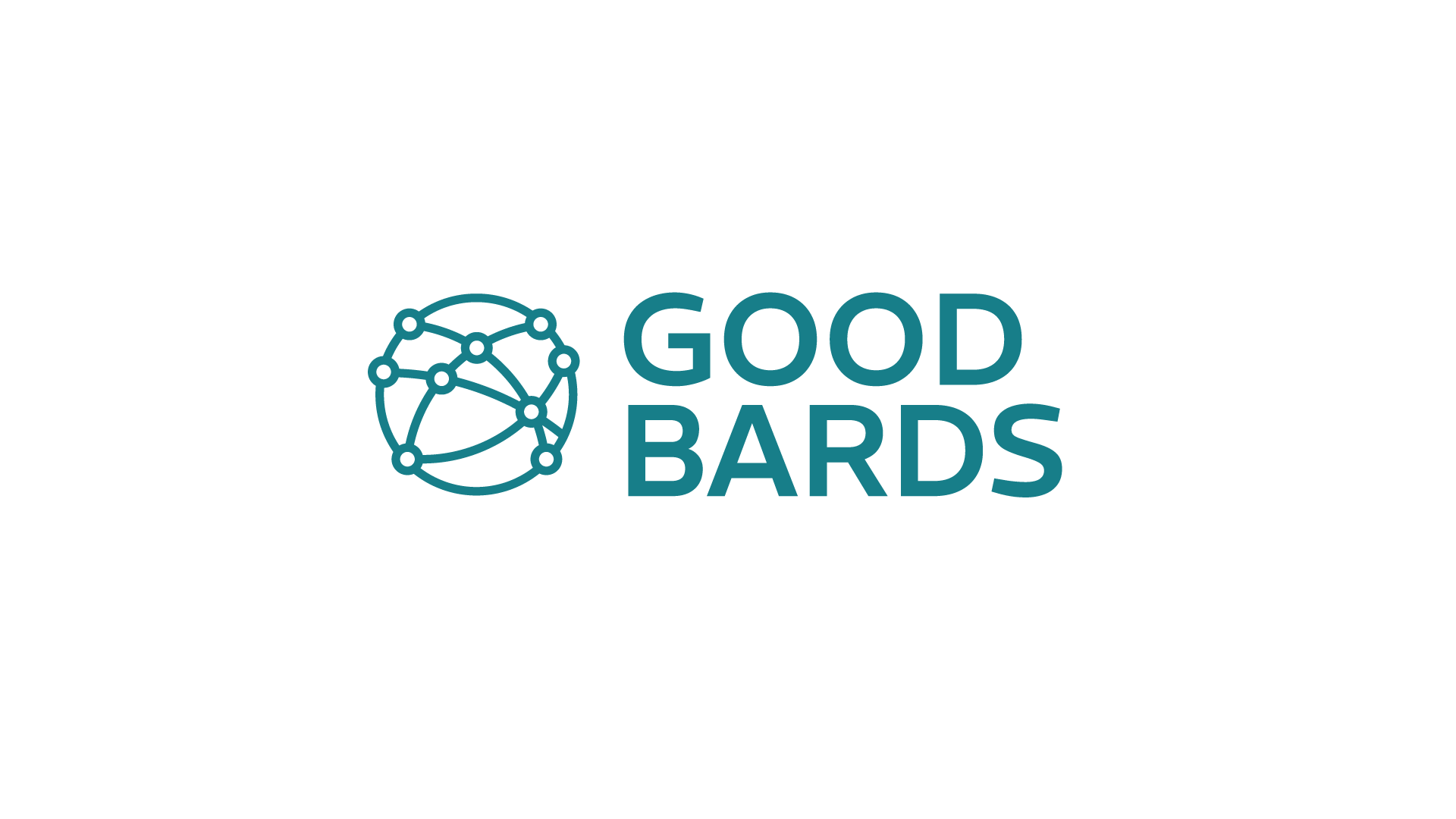Roles & Responsibilities
The Role will assume the following scope of responsibilities:
(1) Develop user-friendly, high-performance applications utilizing NEXTJS and various frontend technologies.
(2) Collaborate closely with designers to translate visual concepts into implementable user interfaces.
(3) Integrate APIs proficiently to facilitate seamless data exchange and communication between frontend and backend systems.
(4) Maintain coding integrity by consistently producing clean, efficient, and sustainable code in adherence to established coding standards.
(5) Engage with cross-functional teams to meticulously gather and refine project requirements, ensuring alignment with overarching objectives.
(6) Methodically troubleshoot and resolve issues to enhance application performance and usability.
(7) Maintain currency with industry trends and emerging technologies, leveraging insights to foster innovation and propel team advancements.
The Developer may be called upon to undertake additional duties as reasonably required by the company.
Objectives/Outcomes
Technical Skills:
(1) Programming Languages: Developers should have a solid understanding of programming languages relevant to the projects they're working on. This may include languages like Python, Java, JavaScript, C++, etc. They should be comfortable writing clean, efficient code and debugging errors.
(2) Software Development Tools: Familiarity with development tools such as integrated development environments (IDEs), version control systems (e.g., Git), and project management platforms (e.g., Jira) is essential for streamlining the development process and collaborating effectively with team members.
(3) Database Management: Developers should have basic knowledge of database management systems (DBMS) and be able to design, implement, and query databases using SQL or other database query languages. Understanding concepts like normalization, indexing, and data modeling is also important.
(4) Web Development: For Developers involved in web development projects, proficiency in front-end technologies (HTML, CSS, JavaScript) and back-end frameworks (e.g., Node.js, Django, Flask) is crucial. They should be able to build responsive, user-friendly web applications and understand concepts like RESTful APIs and MVC architecture.
(5) Testing and Debugging: Developers should be familiar with software testing principles and techniques, including unit testing, integration testing, and regression testing. They should know how to use testing frameworks and tools to identify and fix bugs in their code, ensuring the reliability and quality of the software they develop.
Requirements
(1) UI/UX Design Proficiency: Ability to collaborate effectively with designers and implement visual elements to create intuitive and visually appealing user interfaces.
(2) API Integration Skills: Competence in integrating APIs to facilitate seamless data flow and communication between frontend and backend systems.
(3) Strong Coding Practices: Proven ability to write clean, efficient, and maintainable code while adhering to coding standards, ensuring codebase integrity and scalability.
(4) Collaborative Team Player: Strong interpersonal skills and the ability to work collaboratively with cross-functional teams to gather and refine project requirements, fostering alignment and synergy across departments.
(5) Problem-Solving and Troubleshooting Skills: Aptitude for identifying and resolving technical issues to optimize application performance and functionality.
(6) Continuous Learning Orientation: Commitment to staying updated with industry trends and emerging technologies, demonstrating adaptability to incorporate new tools and methodologies into development practices.





